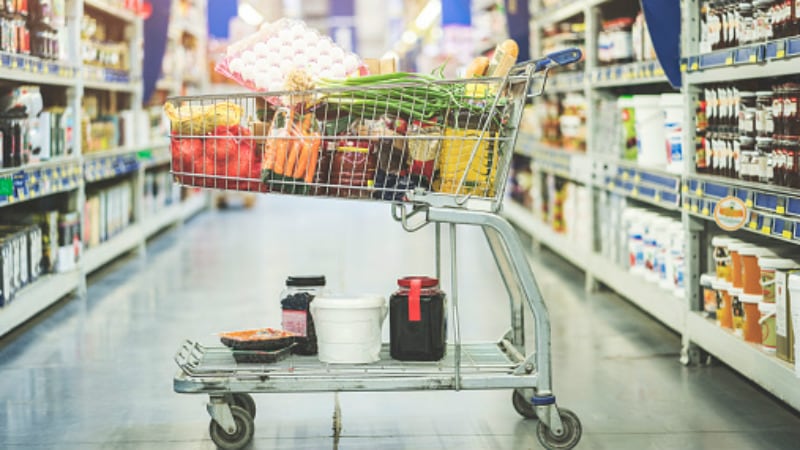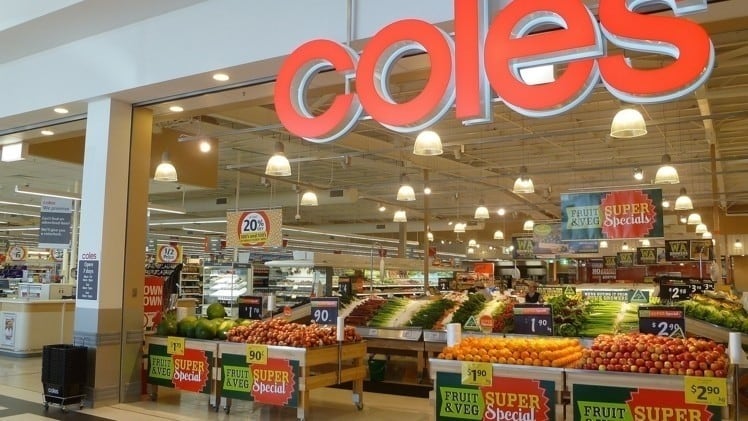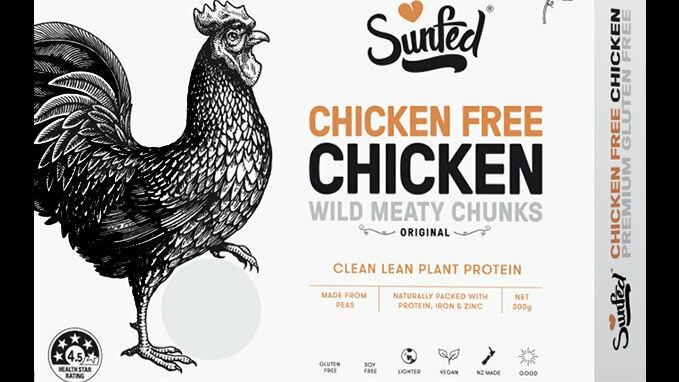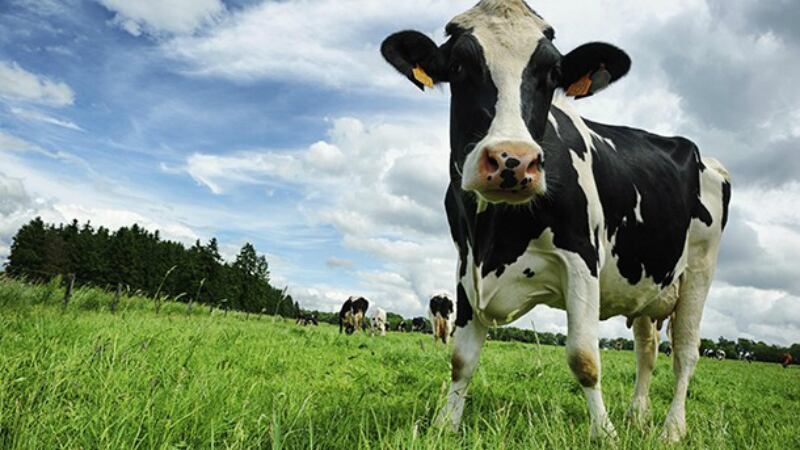The recently-released Supermarket & Fresh Food Currency Report by Roy Morgan showed that Woolworths’ total Australian grocery market share reached 34% last year, showing 1.4% growth year-on-year.
In contrast, Coles’ market share decreased by 1.6% to hit 27.6% in total, further widening the divide between the two longstanding rival supermarket brands.
“[Woolworths’ success] has been built upon strong performances across the four key categories of fresh food: fresh meat, fresh deli, fresh bread and also fresh fruit and vegetables,” said Roy Morgan CEO Michele Levine.
“Woolworths [grew] its market share in dollar terms for [all four fresh food categories], and is also the market leader in all four ahead of main rival Coles.”
According to the report, the two brands hold clear dominance over the country’s fresh foods market, together holding over 50% market share. Earlier Roy Morgan research valued the market at A$39bn (US$27.7bn).
German supermarket Aldi was the only other brand within Australia’s ‘big four’ to post growth, rising 0.5% year-on-year to hit 11.4% market share. The Independent Grocers of Australia (IGA) chain dropped 0.4% to reach 7.1% market share.
Supermarket brands outside of the ‘big four’ such as Foodworks and Foodland did much better, posting a collective 1.2% growth to hit a total national grocery market share of 9.1%.
According to the report, the grocery market in Australia is currently valued at over A$100bn (US$71.1bn).
Woolworths’ seafood strengths
In a separate report, Roy Morgan also stated that Woolworths’ brand domination of the fresh foods arena is particularly strong in fresh seafood, which accounts for some 7% of the sector.
“Our [survey] data shows that Australians with parents born in Singapore, Vietnam, the Philippines and Greece buy fresh seafood considerably more often than the national average, and those with parents born in Pakistan, the Middle East and India less often,” said Levine.
“It will be interesting to see how Coles responds to Woolworths’ growing dominance in fresh seafood following its divestment from Wesfarmers.
“We know that supermarkets are being squeezed by strong price competition and rising costs, so in this environment winning market share cost-effectively is the name of the game.”
Dealing with new competition
An upcoming new contender to the Australian grocery market scene is Germany’s Kaufland, which is branded as more of a ‘hypermarket’ than supermarket.
According to Levine, six industrial sites in Melbourne have already been purchased by Kaufland for development into said hypermarkets.
“Kaufland plans to open [these in Melbourne] over over the next two years before rolling out stores Australia-wide following in the footsteps of fellow German retailer Aldi,” she added.
“[Coles’] demerger from Wesfarmers last year means that it now has the opportunity to refocus on its core business ahead of [Kaufland’s] imminent arrival.
“The increasingly competitive $100 billion+ grocery market in Australia means it is more important than ever for companies operating in the grocery and fresh food sector to track precisely where their customers, and future customers, live, work and shop.”
Vegan focus
Plant-based and vegan foods are also a clear area of focus for Australian supermarkets, in particular Woolworths and Coles.
Both brands reported significant growth in demand for these products, as well as expectations that this trend would continue.
Both Woolworths and Coles have their own vegan products, but also offer wide ranges of vegan foods from other big brands.
Coles is one of the main retailers for the Beyond Meat Burger, whereas Woolworths’ vegan range is mostly marketed under its Macro brand, but it has also partnered with major brands like Tofurkey and MyLife vegan cheese.





